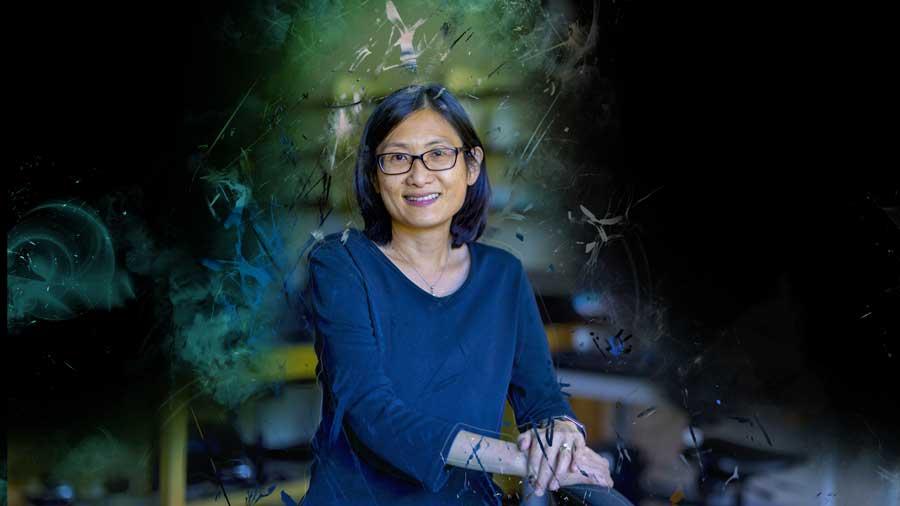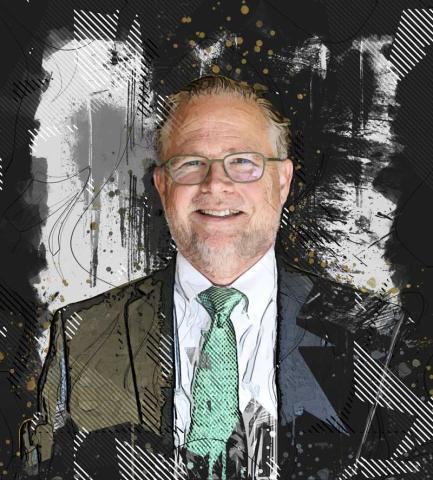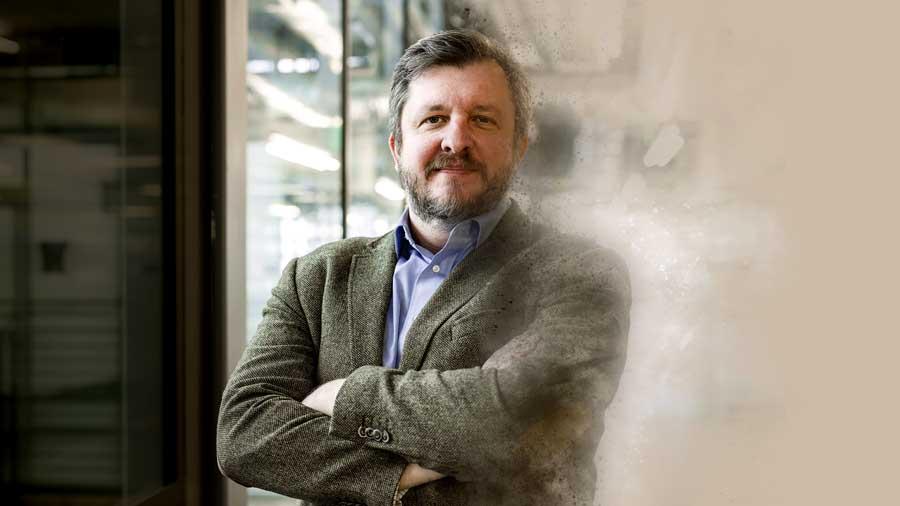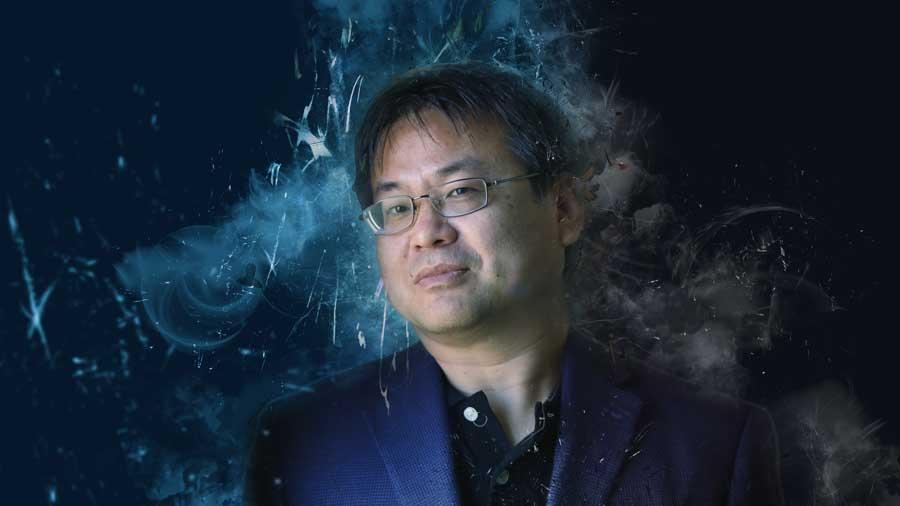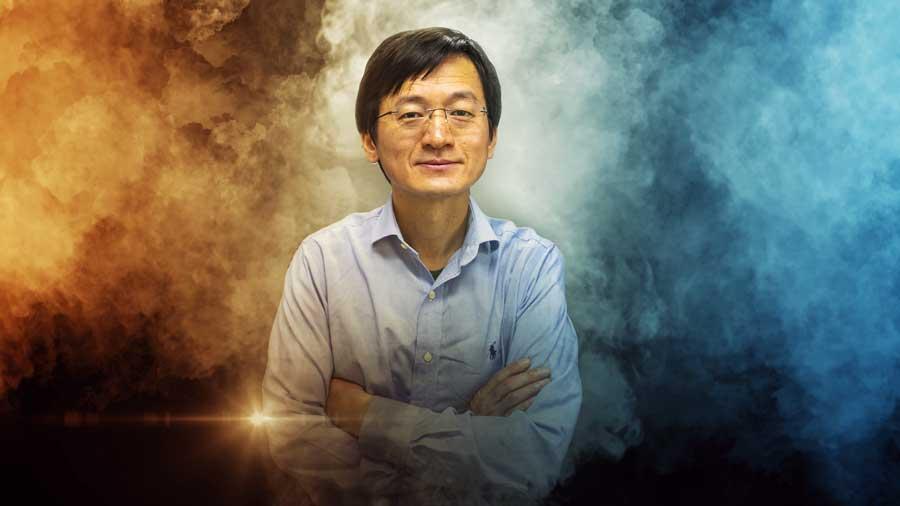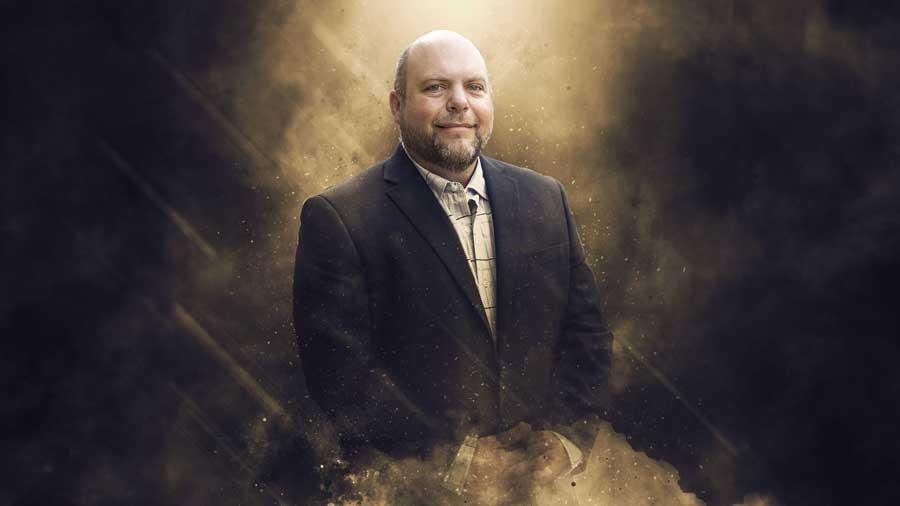Renowned Faculty Come to Baylor
Endowed chairs draw academic leaders
Strong teams are great at recruiting. Great recruiters lead to strong teams. It’s a cycle that builds on itself for sustained success, and we’ve certainly enjoyed that at Baylor — in more than just the sports realm.
Baylor is recruiting renowned academics, seeking the best in their fields to join the Baylor faculty. Endowed chair positions, a key provision of Illuminate, are opportunities driving the growth. These prestigious academic posit
ions may get the attention of faculty at top universities, but Baylor as a whole — an R1 Christian research university with an aligned vision and strong support — plays a key role in attracting faculty from great institutions across the globe. The Baylor Family has done their part, with generosity funding initiatives within Give Light like the Foster Academic Challenge to create these positions and support research growth.
The fruits of those efforts are paying off. If this were sports, you could say that the five-star recruits are choosing Baylor. But it’s not just about accolades; any good coach can tell you the right fit is important. Baylor is attracting professors whose alignment of faith and excellence in their field makes them great teammates as well as top performers.
“We are pursuing new materials that advance our field and impact the world. I’m a Baylor person and care about this place. When I saw all Baylor is doing, I wanted to be a part.”
Julia Chan
POSITION:
The Tim and Sharalynn Fenn Family Endowed Chair in Materials Science,
Department of Chemistry and Biochemistry, College of Arts & Sciences
Expertise:
Quantum materials
Previous Institutions:
The University of Texas at Dallas; Louisiana State University
Notes:
A 1993 Baylor graduate who returns to her alma mater after 22 years at LSU and UTD. Chan’s quantum material research seeks materials with exotic properties, and her leadership in the field is recognized by publications like Science Advances, who appointed her deputy editor to lead their physical science efforts. Her work combines physics, chemistry and materials insights for new materials that impact sustainability, energy and information science.
“As Christians, we’re all called to do something. I really felt like my personal calling was to address issues of poverty. As an undergraduate at Notre Dame, I loved being able to integrate my faith and my studies, and Baylor feels exactly that same way to me.”
Craig Gundersen
Position:
Jim and Tammy Snee Family Chair in Food Security,
Baylor Collaborative on Hunger and Poverty
Expertise:
Economics and food insecurity; publicly funded nutrition programs
Previous Institution:
University of Illinois
Notes:
A leading economist focused on strategies to address food insecurity, Gundersen evaluates the causes and consequences of food insecurity. His game-changing research into the Supplemental Nutrition Assistance Program’s (SNAP) effectiveness positively impacted the program’s perception, and metrics he developed help food banks across the nation evaluate how well they’re serving those in need.
“The opportunity to be on the ground floor of Baylor’s materials science research direction was compelling, and I was blown away by the facilities. Then, as a believer, the opportunity to go to a private university with a core Christian mission is very attractive.”
Brian Jordon
Position:
Kenneth and Celia Carlile Endowed Chair in Materials Science,
School of Engineering and Computer Science
Expertise:
Additive manufacturing, materials processing and performance
Previous Institution:
The University of Alabama
Notes:
Jordon has built research partnerships with NASA, the Department of Energy, Department of Defense and various national and international industries, earning significant external funding to solve problems and making advanced materials lighter, stronger, more fuel efficient and better for the environment. Ten lab students and collaborator Paul Allison, Ph.D., professor of mechanical engineering, joined him in the move to Baylor.
“Data sciences is reshaping academia, so it is an important field for a university. When I saw Baylor’s mission and met the people with whom I’d be working, I knew it was where I wanted to be.”
Henry Han
Position:
The McCollum Family Chair in Data Sciences,
School of Engineering and Computer Science
Expertise:
Data science approaches to problems in health, business and cybersecurity
Previous Institution:
Fordham University
Notes:
An internationally recognized data science leader, Han developed a novel approach applying computer science to human genetics, sorting through tides of data to pinpoint three signals that could be signs of disease. He also edited Recent Advances in Data Science, a leading research publication in the discipline.
“Light, in Genesis 1:3, is the first thing God created, so you know it is essential. It can be used for communication or for healthcare in areas like endoscopy or biomarker detection. It’s exciting to be at a Christian research university that values your area as a priority.”
Alan Wang
Position:
The Mearse Chair in Biological and Biomedical Engineering,
School of Engineering and Computer Science
Expertise:
Photonic materials; inventor with patents for devices impacting healthcare, food safety and more
Previous Institution:
Oregon State University
Notes:
Among Wang’s inventions is a device described by Science Daily as “the world’s smallest electro-optic modulator,” designed to convert electric signals into optical (light) signal — 10 times smaller and 100 times more energy efficient than previous devices and capable of detecting cardiovascular biomarkers, toxicants in food, water pollution and more.
“If you see a car drive by, you see the exterior. But what is making it go? That’s the question for me, with humans and the gut microbiome — what is happening under the hood that we need to understand? I’m amazed at how great a fit this is. The integration of faith and scholarship is something Baylor not only talks about, but embodies.”
Aaron Wright
Position:
James R. Schofield Endowed Chair in Biomedical Studies,
Department of Biology, College of Arts & Sciences
Expertise:
The microbiome, environment and human health
Previous Institutions:
Pacific Northwest National Laboratory; joint appointment at Washington State University
Notes:
Wright studies the interface of the microbiome — the collection of microorganisms found throughout the body in areas like the GI tract — and environmental factors that impact processes within the gut. Wright’s work is funded by agencies like the Department of Energy, National Institutes of Health and DARPA and has led to the formation of a company.
To learn more about these researchers, visit baylor.edu/research.
